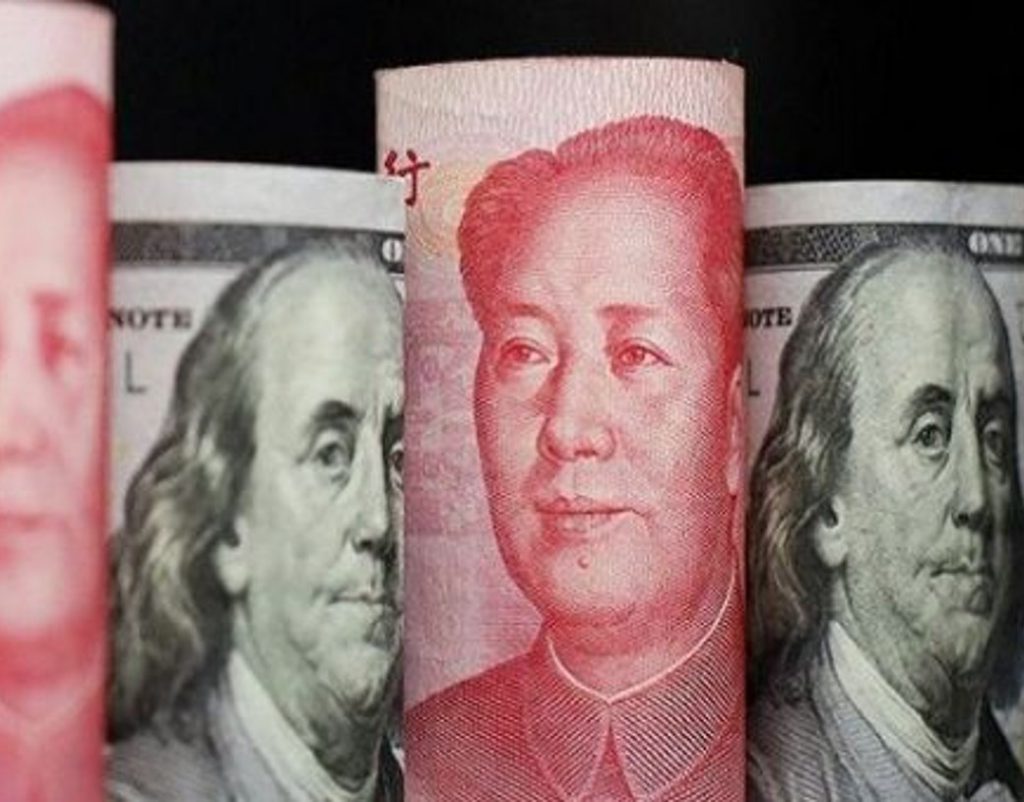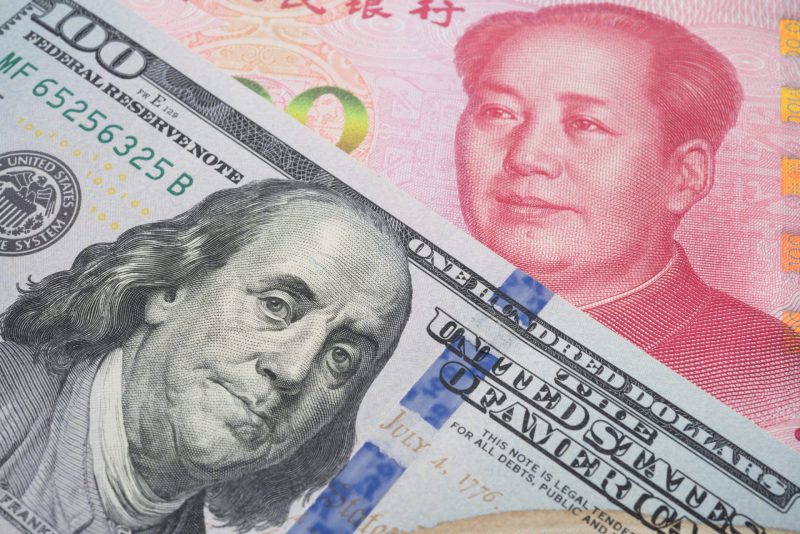BRICS member China thinks it is spearheading the de-dollarization campaign by convincing developing countries to ditch the US dollar and trade in local currencies. While a handful of emerging economies have agreed to China’s demands, they are only acting out of self-interest.
China is under the illusion that it has kick-started the de-dollarization agenda while in reality, developing countries are only seeing what benefits them. Not just other emerging economies, even BRICS members are using China when it suits them the best.
Also Read: BRICS No Longer Attaching Importance to the US Dollar
For instance, BRICS counterpart India agreed to end dependency on the US dollar and settle trade in local currencies. For over a year, India paid the Chinese yuan to procure oil from Russia at a discounted price due to the sanctions. India saved $7 billion by paying local currencies between 2022 to early 2024.
However, both Russia and China kept demanding India pay the Chinese yuan or the Russian ruble for every trade. When India realized that it could not save billions in other trade settlements, it quickly began procuring oil from the US. BRICS member India procured oil from the West Texas Intermediate (WTI) and kept Russian shipments on hold at sea.
Also Read: BRICS: 2 New Countries Start Buying Oil From Iran, Ditch the US
BRICS: De-Dollarization Fails


Not just India, but many other developing countries have resorted to the same technique against China. Emerging economies know that China is using the de-dollarization initiative as a stepping stone to further its agenda of global domination. Therefore, even BRICS countries are simply using China when it is required by putting on the de-dollarization mask.
Also Read: BRICS: U.S. Dollar in World Reserves Fall Below 60%
A recent report published by the Atlantic Council’s GeoEconomics Center shows that de-dollarization has not affected the US dollar. The US dollar has only strengthened and is making local currencies dip to new lows. China might be using BRICS to gain power, but it needs to know that developing nations are also playing their cards.





